Boletín de Noticias de Nueva Tribuna [02/09/2014]
2092014Edit : Edit
Comments : Leave a Comment »
Categories : Uncategorized
Help grow the movement for rights of women and girls to decide
2092014Edit : Edit
Comments : Leave a Comment »
Categories : Uncategorized
RELIANCE FOUNDATION AND NBA EXPAND RF JR. NBA PROGRAM IN SECOND YEAR
2092014
RELIANCE FOUNDATION AND NBA EXPAND RF JR. NBA PROGRAM IN SECOND YEAR OF PARTNERSHIP IN INDIA
- Reliance Foundation Jr. NBA Program Promotes Health and Fitness to Boys and Girls through Comprehensive School-Based Program –
- Program expects to engage over 750,000 youth and train PE teachers at more than 1,000 partner schools across 8 cities–
MUMBAI, 2nd September, 2014 – Reliance Foundation and the National Basketball Association (NBA) today announced that the Reliance Foundation Jr. NBA program, a comprehensive youth basketball initiative that applies the positive values of basketball to engage and impact the lives of Indian boys and girls, will expand from three to eight cities in 2014-15. The Reliance Foundation Jr. NBA program focuses on inspiring youth to adopt a healthy, active lifestyle by integrating basketball into each participating school’s physical education curriculum.
The eight cities are Ludhiana, Jalandhar, Delhi, Kolkata, Chennai, Mumbai, Kochi and Kottayam. The program, which runs from September 2014 to February 2015, expects engage more than 750,000 youth across 1,000 schools. Fifteen coaches will oversee the program and anticipate training more than 1,000 local physical education instructors as coaches over the course of the program’s second year.
On the occasion Jagannatha Kumar, Head, Reliance Foundation commented, “We are happy to announce the expansion of our Reliance Foundation Jr. NBA program for the second year in succession and are confident that this initiative will instill strong values in the children in their formative years. It is very gratifying to learn that the implementation and the start of the program is eagerly awaited not only by the children but also by their parents, as they too are looking forward for their children to excel in sports! This program is also aimed at unlocking the aspirational energy of the youth in our country by allowing young upcoming talents to blossom. Further, this initiative will empower the youth to participate effectively in making this basketball initiative a great success.”
“The Reliance Foundation Jr. NBA program reflects our commitment to increase participation in basketball among the youth of India, and to promote a healthy and active lifestyle,” said Yannick Colaco, Managing Director, NBA India. “The Reliance Foundation continues to be an excellent partner in this commitment, and we look forward to working with the children, coaches and educators from these eight cities.”
Edit : Edit
Comments : Leave a Comment »
Categories : Uncategorized
2092014
 |
Dear citizens and guests of Zagreb!
After the summer holidays, which some of us spent at the seaside and others on the continent, after a longer or shorter summer break, having recharged our batteries, we are returning to the usual urban rhythm of life.
|
 |  |
Dear friends and business partners!
During the summer, which is slowly drawing to an end, the streets of Zagreb were swarming with tourists. According to statistical data, the number of visitors is on the rise; moreover, Zagreb is breaking records among tourist destinations in Croatia.
|
|
| |||||||||||||
|
| |||||||||||||
The Best Dancing Podium in the City
Dance Evenings in Zrinjevac
If you feel like dancing to the rhythms of rock’n’roll or evergreens, come to Zrinjevac where dance evenings take place every Friday until October 4th.
| |
Edit : Edit
Comments : Leave a Comment »
Categories : Uncategorized
100 Days of Pushing Pulling and Shunting in NDA-II
2092014Edit : Edit
Comments : Leave a Comment »
Categories : Uncategorized
Invite- Session on ‘100 Days of the new Indian Government’
2092014Edit : Edit
Comments : Leave a Comment »
Categories : Uncategorized
भारत-जापान संघ के कार्यक्रम को संबोधित करते हुए प्रधानमंत्री नरेंद्र मोदी ने कहा
2092014
भारत-जापान संघ के कार्यक्रम को संबोधित करते हुए प्रधानमंत्री नरेंद्र मोदी ने कहाpic.twitter.com/XXBSUdcvKN
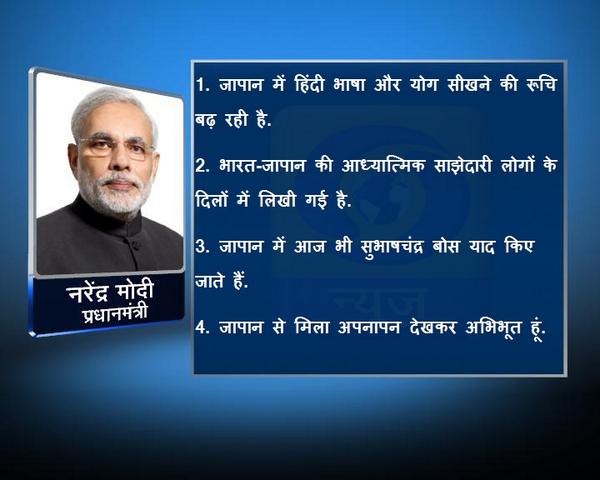
Edit : Edit
Comments : Leave a Comment »
Categories : Uncategorized
Volkswagen India launches smartphone app for customers
2092014
Mumbai, September 1, 2014: Volkswagen India has launched a useful
new mobile service application for its customers, which will provide direct
access to information on network and latest sales and after-sales offers.
Meant for iOS- and Android-powered smart devices, the app provides an
explanation of various indicators on the car’s dashboard, labour charges
at Volkswagen service centers, roadside assistance, and emergency
contact details.
The new service app provides customer care contact details, and allows
prospective customers to book a test drive. In addition, the mobile
application enables Volkswagen’s existing and prospective customers to
get their queries addressed, and also get information and updates on
Volkswagen’s India line-up of cars.
In keeping with the increasing adoption of smartphone and other smart
mobile devices in India, Volkswagen has introduced this application to
establish a stronger relationship with its customers, and to improve the
car ownership experience.
Mr. Michael Mayer, Director, Volkswagen Passenger Cars,
Volkswagen Group Sales India Pvt. Ltd. said, “Effective after-sales
measures allow brands to build a stronger connect with their customers.
This helps develop an element of satisfaction and delight that the brand
aspires to achieve. We hope this new service application will help us
better serve the needs of our existing and prospective customers.”
The new Volkswagen app for Android can be downloaded from the
Google Play Store, while the iOS app can be downloaded from the Apple
iTunes Store. Both versions are also available on http://www.volkswagen.co.in
https://itunes.apple.com/in/app/volkswagen-service-in/id909217521?mt=8
https://play.google.com/store/apps/details?id=de.volkswagen.service.india
new mobile service application for its customers, which will provide direct
access to information on network and latest sales and after-sales offers.
Meant for iOS- and Android-powered smart devices, the app provides an
explanation of various indicators on the car’s dashboard, labour charges
at Volkswagen service centers, roadside assistance, and emergency
contact details.
The new service app provides customer care contact details, and allows
prospective customers to book a test drive. In addition, the mobile
application enables Volkswagen’s existing and prospective customers to
get their queries addressed, and also get information and updates on
Volkswagen’s India line-up of cars.
In keeping with the increasing adoption of smartphone and other smart
mobile devices in India, Volkswagen has introduced this application to
establish a stronger relationship with its customers, and to improve the
car ownership experience.
Mr. Michael Mayer, Director, Volkswagen Passenger Cars,
Volkswagen Group Sales India Pvt. Ltd. said, “Effective after-sales
measures allow brands to build a stronger connect with their customers.
This helps develop an element of satisfaction and delight that the brand
aspires to achieve. We hope this new service application will help us
better serve the needs of our existing and prospective customers.”
The new Volkswagen app for Android can be downloaded from the
Google Play Store, while the iOS app can be downloaded from the Apple
iTunes Store. Both versions are also available on http://www.volkswagen.co.in
https://itunes.apple.com/in/app/volkswagen-service-in/id909217521?mt=8
https://play.google.com/store/apps/details?id=de.volkswagen.service.india






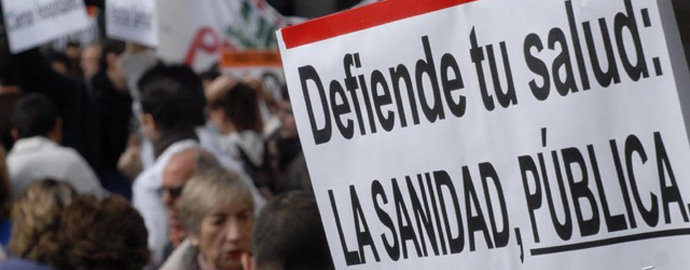
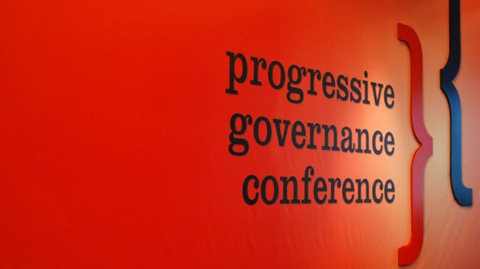
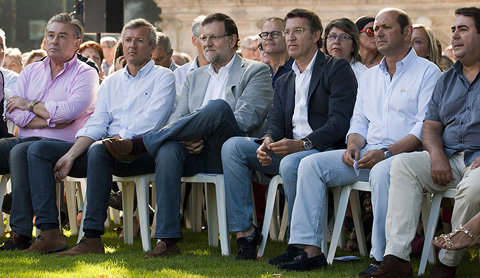
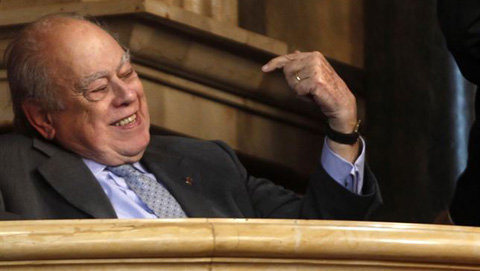
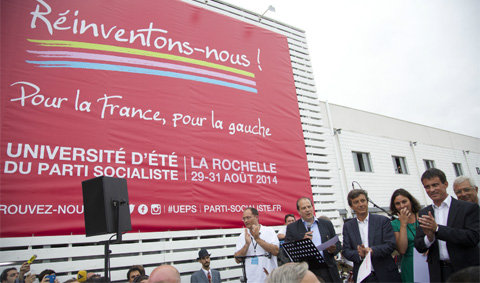
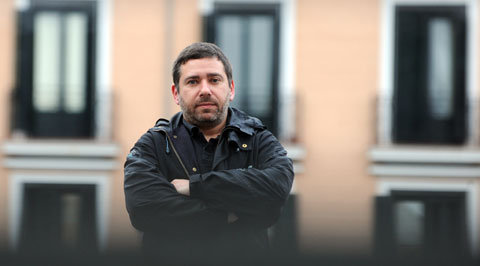
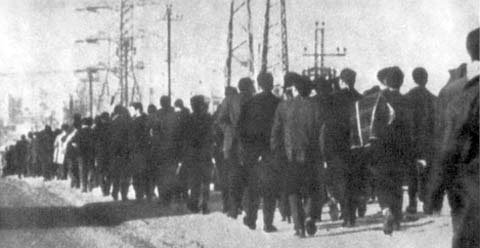














No comments:
Post a Comment